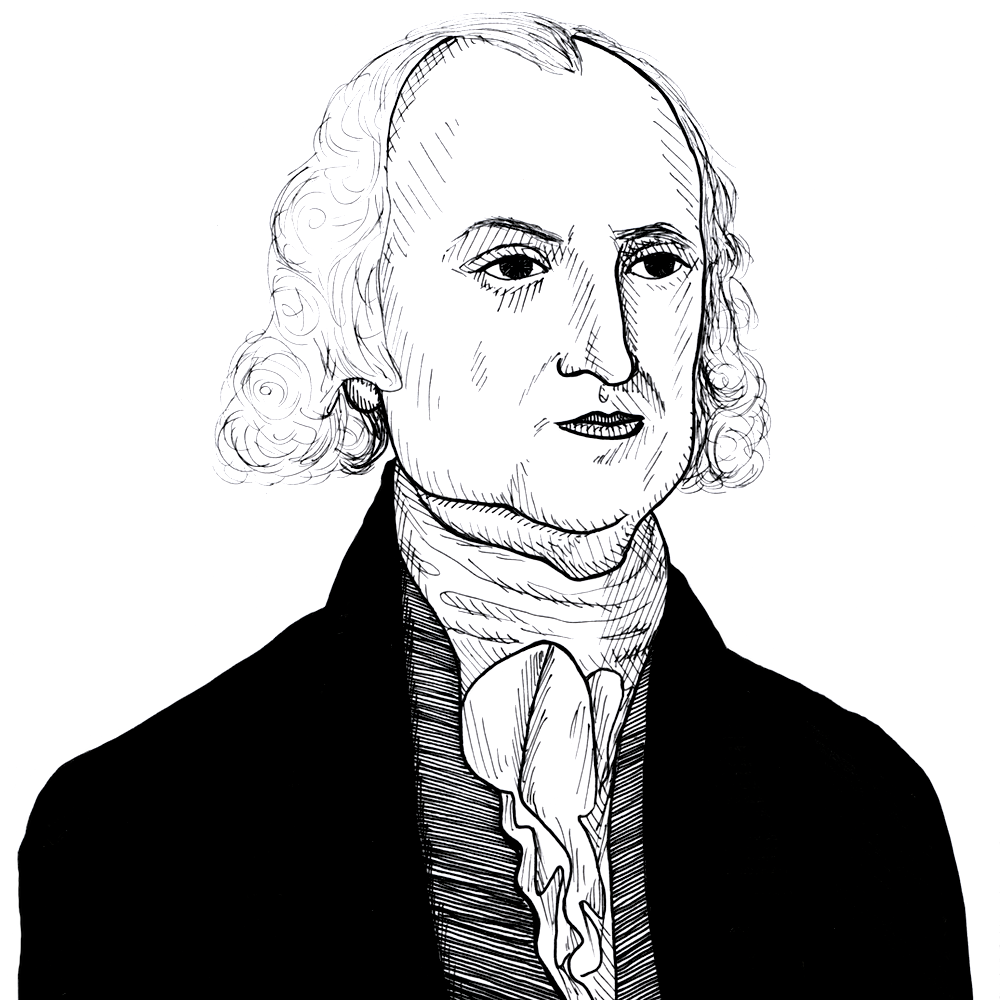
Madison on “Parchment Barriers” and the defence of liberty II (1788)
Found in: The Writings, vol. 5 (1787-1790)
In a letter to Thomas Jefferson in October 1788, James Madison expresses lukewarm support for the idea of a bill of rights since “repeated violations of these parchment barriers have been committed by overbearing majorities in every State.” He continues to believe the main threat to liberty comes from the legislative not the executive branch of government:
Presidents, Kings, Tyrants, & Despots
… experience proves the inefficacy of a bill of rights on those occasions when its controul is most needed. Repeated violations of these parchment barriers have been committed by overbearing majorities in every State. In Virginia I have seen the bill of rights violated in every instance where it has been opposed to a popular current. Notwithstanding the explicit provision contained in that instrument for the rights of Conscience, it is well known that a religious establishment wd have taken place in that State, if the Legislative majority had found as they expected, a majority of the people in favor of the measure; and I am persuaded that if a majority of the people were now of one sect, the measure would still take place and on narrower ground than was then proposed, notwithstanding the additional obstacle which the law has since created. Wherever the real power in a Government lies, there is the danger of oppression. In our Governments the real power lies in the majority of the Community, and the invasion of private rights is chiefly to be apprehended, not from acts of Government contrary to the sense of its constituents, but from acts in which the Government is the mere instrument of the major number of the Constituents.